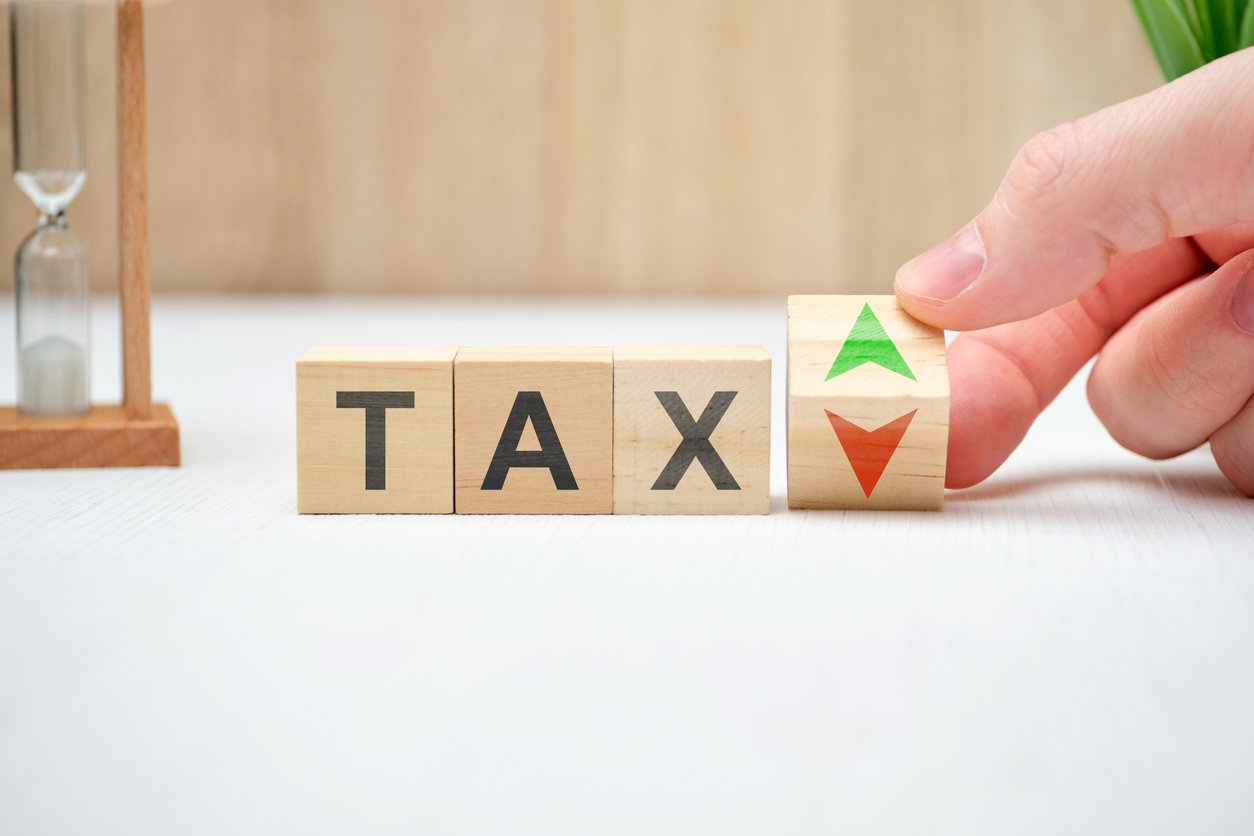
While a tax haven may sound like a secret tax scheme available only to the wealthy, it’s actually a method for saving on taxes that’s available to nearly everyone. There are a lot of misconceptions about tax havens. Some think it’s an elaborate scheme designed for the rich to hide their income from the government. Others believe it’s an efficient way to avoid taxes completely. Both are untrue.
A tax haven is also not the same as tax dodging. Tax dodging is the explicit practice of avoiding taxes, sometimes illegally. In contrast, tax havens require lots of work and, in some cases, lifestyle changes (i.e., moving to another country).
Are tax havens worth all of the work? To answer that question, we’ll look at some of the advantages and disadvantages of tax havens.
What Is a Tax Haven?
A tax haven is a country that has low or no income taxes. In some cases, a person may be required to move to the country to take advantage of its taxing. In other cases, a move isn’t necessary. Instead, the person can set up a business in the country to take advantage of its low taxes. That might sound simple enough, but there’s a lot more involved once you dig into the details, such as having to visit the country regularly and other conditions.
To see how a tax haven compares to US business income tax rates, we’ll use Puerto Rico (PR) as an example.
PR has a 6% to 20% tax rate on business services income. The business must reside and be operated from PR. Act 22 reduces interest and dividend income taxes to zero for those who become a resident of PR.
In contrast, the US federal business tax rate is 21%. Businesses must also pay state taxes that range from zero to 11%. This averages out to a combined top rate of 25.8%, which is much higher than the highest rate in PR.
Some tax havens have a foreign earned income exclusion while others exempt a certain amount of income. A foreign earned income exclusion exempts a certain amount of taxes earned outside of a country. But certain restrictions must be met, such as residing within the country for specific periods during the year and other restrictions.
Some countries require foreigners to become citizens or residents to take advantage of its low or zero tax rates. There are differences between these two. A citizen is someone who can vote in the country and receives a passport from that country. A resident gets neither but can work in the country and take advantage of its national health insurance, although this can vary by country. Residency also expires and must be renewed. Citizenship takes much longer to obtain. In some countries, you must first become a resident before you can become a citizen.
Be careful with becoming a citizen of two countries since you can end up being taxed by both.
Advantages and Disadvantages of a Tax Haven
The obvious benefit of a tax haven is the low taxes. However, if you are going out of your way to set up a tax haven just to save taxes, it may not be worth the trouble. This is because in many cases you’ll need to move to a different country, which can be difficult and even expensive depending on where you move.
If you decide not to move to the country, you may still be required to visit the country often. You’ll likely be required to meet certain tests to show that the business benefits the country it is located in and that you aren’t just tax dodging.
However, if you are moving to a tax haven for more than just taxes and want to set up a business there, it can work out well. This is especially true if you have family and friends in the country and desire to live there regardless of setting up a business.
You’ll want to work with your tax adviser in your home country to ensure everything gets set up and maintained properly in the new country. The last thing you want is to be accused of setting up a business in a tax haven just to avoid taxes.
This material is for general information and educational purposes only. Information is based on data gathered from what we believe are reliable sources. It is not guaranteed as to accuracy, does not purport to be complete and is not intended to be used as a primary basis for investment decisions. Realized does not provide tax or legal advice. This material is not a substitute for seeking the advice of a qualified professional for your individual situation.



